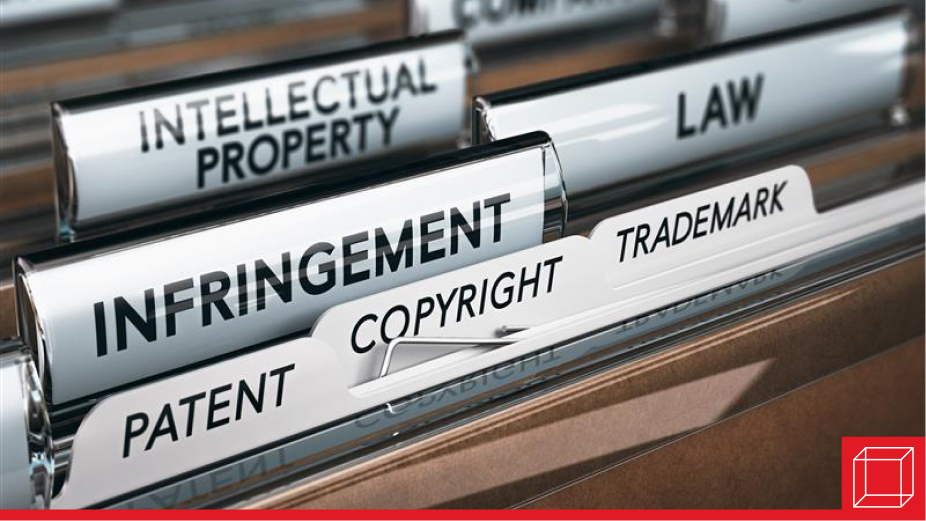How the Federal Reserve Affects the Lottery | November 2023
A recent Powerball prize was advertised to be worth $1.04 billion yet it only had a $490 million cash value. What causes this discrepancy?

You’ve heard by now how the Federal Reserve Board affects the economy, but you may not know how the Fed affects the U.S. lottery. A recent Powerball prize was advertised to be worth $1.04 billion yet it only had a $490 million cash value. What causes this discrepancy?
What happens when you win the lotto
Lottery winners are faced with a choice: either take the cash value in one lump sum or spread the payments (called annuity payments) over 30 years to receive the advertised jackpot sum. Some people are willing to accept the much lower cash value to get the money sooner, but economists and financial advisers often say it’s financially wiser and safer to go with the long-term annuity plan.
The advertised jackpot value is determined based on the cash value being invested in a portfolio of bonds. Bonds, discussed in Chapter 16: Financial Management and Securities Markets, are debt instruments that larger companies sell to raise long-term funds.
Inflated jackpots
Powerball and Mega Millions, the two largest multi-state lotteries, purchase long-term bonds from the government, and the higher the interest rates, the higher the jackpot value. Recently, the Fed increased interest rates to a 22-year high. Higher interest rates mean the cash value can grow much larger over 30 years when the annuity payment option is selected. Thus, a higher federal funds rate means bigger jackpots.
Additionally, there have been rule changes that make it harder to win the lottery, and if no one wins the prize, it’s rolled over into the next drawing, making billion-dollar jackpots quite common.
With jackpots being so high, there is even more excitement from ticket buyers, leading to higher ticket sales. Ticket buyers may focus more on the advertised jackpot sum rather than the cash value and may not consider or care about the effect of interest rates on any potential winnings. Additionally, one must consider that the larger the jackpot, the lower the chances of winning.
People take the cash prize
People typically choose to take the lower cash value in one lump sum. The largest lottery jackpot to date was in 2022, and the second largest was in 2023; both winners took the lump sum.
Though experts often recommend lottery winners choose the annuity option, today some financial experts have changed their tune because of the chance to invest the lump sum for a better return than the annuity promises. Because of the current economic environment, investors who pick the lump sum are in a position to take the lump sum and attempt to outperform the lottery’s annuity offer thanks to high-yield certificates of deposit (CDs) and high-yield savings accounts (which presently pay nearly 5%). Lottery-winning investors who secure an interest rate of about 4.5% stand to outperform the annuity. This strategy can be risky, however, and winners must consider tax implications as well since tax brackets can change.
Ultimately, it’s wise to consult a financial advisor if you ever find yourself holding a winning lotto ticket.
In the Classroom
This article can be used to discuss the Federal Reserve (Chapter 15: Money and the Financial System).
Discussion Questions
How does the Fed affect the lottery?
Why are billion-dollar jackpots more common than in the past?
Would you take the lump sum or the annuity? Explain.
This article was developed with the support of Kelsey Reddick for and under the direction of O.C. Ferrell, Linda Ferrell, and Geoff Hirt.
Sources
Diego Lasarte, "High Interest Rates Are Making Billion-Dollar Lottery Jackpots More Common," Quartz, August 4, 2023, https://qz.com/high-interest-rates-are-making-billion-dollar-lottery-j-1850707319
Imani Moise and Alyssa Lukpat, "You Can Thank the Fed for Boosting the $1.5 Billion Powerball Jackpot," The Wall Street Journal, November 3, 2022, https://www.wsj.com/articles/powerball-jackpot-lottery-federal-reserve-interest-rates-ticket-sales-11667479535
Jeremy Olshan, "The Smallest $1 Billion Powerball Jackpot Ever," The Wall Street Journal, October 4, 2023, https://www.wsj.com/personal-finance/powerball-jackpot-cash-prize-smallest-fc6ae79d
Jesus Jiménez, "Single Winning Ticket Sold for $1.76 Billion Powerball Jackpot," The New York Times, October 13, 2023, https://www.nytimes.com/article/lottery-jackpot-record-powerball-megamillions.html



